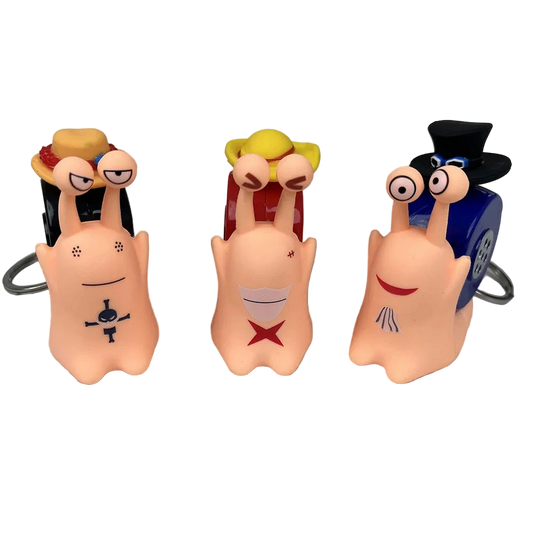One Piece and its impact on pop culture: Influence on anime, video games, and more
Since its debut in 1997, One Piece has cemented itself as one of the most influential manga and anime series of all time. Created by Eiichiro Oda, this pirate epic has left an indelible mark on pop culture, inspiring countless creators and expanding into various media. In this article, we'll analyze how One Piece has influenced other anime series, video games, and entertainment in general.
Influence on anime and manga
One Piece has set a high standard for character development and storytelling in the world of anime and manga. Its success has inspired other creators to explore similar themes and adopt narrative techniques that prioritize complex world-building and deep characters. Furthermore, the series has proven that it is possible to maintain relevance and quality over decades, serving as a model for other long-running works.
Presence in video games
The popularity of One Piece has transcended paper and screen, giving rise to a wide range of video games that allow fans to interact with the series' universe in new ways. Since 2000, Bandai Namco Entertainment has published numerous One Piece-based titles, spanning various genres and platforms. These games have allowed players to experience the adventures of Luffy and his crew firsthand, further cementing the series' presence in gaming culture.
References in other media
One Piece's influence extends beyond anime and video games. For example, "Yakuza: Like a Dragon" producer Masayoshi Yokoyama revealed that the series was one of the main inspirations for the game, mentioning that the protagonist, Ichiban Kasuga, and his group were conceived with Luffy's crew in mind. This is just one example of how One Piece has permeated other areas of entertainment.
Cultural and social impact
One Piece has transcended Japan's borders, becoming a global phenomenon. It has influenced diverse aspects of popular culture, including merchandise, theme park attractions, and more. The series has been recognized for its ability to address social and cultural themes, resonating with audiences of different ages and backgrounds. Its fusion of elements of Japanese culture with global influences has created a hybrid narrative that reflects the interconnected nature of contemporary cultural identities.
Conclusion
One Piece's influence on pop culture is undeniable. From its impact on other anime and manga series, to its presence in the world of video games, to its references in various media and its cultural and social impact, Eiichiro Oda's work has left a lasting mark on global entertainment. As the series continues its course, it's clear that its legacy will continue to inspire future generations of creators and fans alike.





